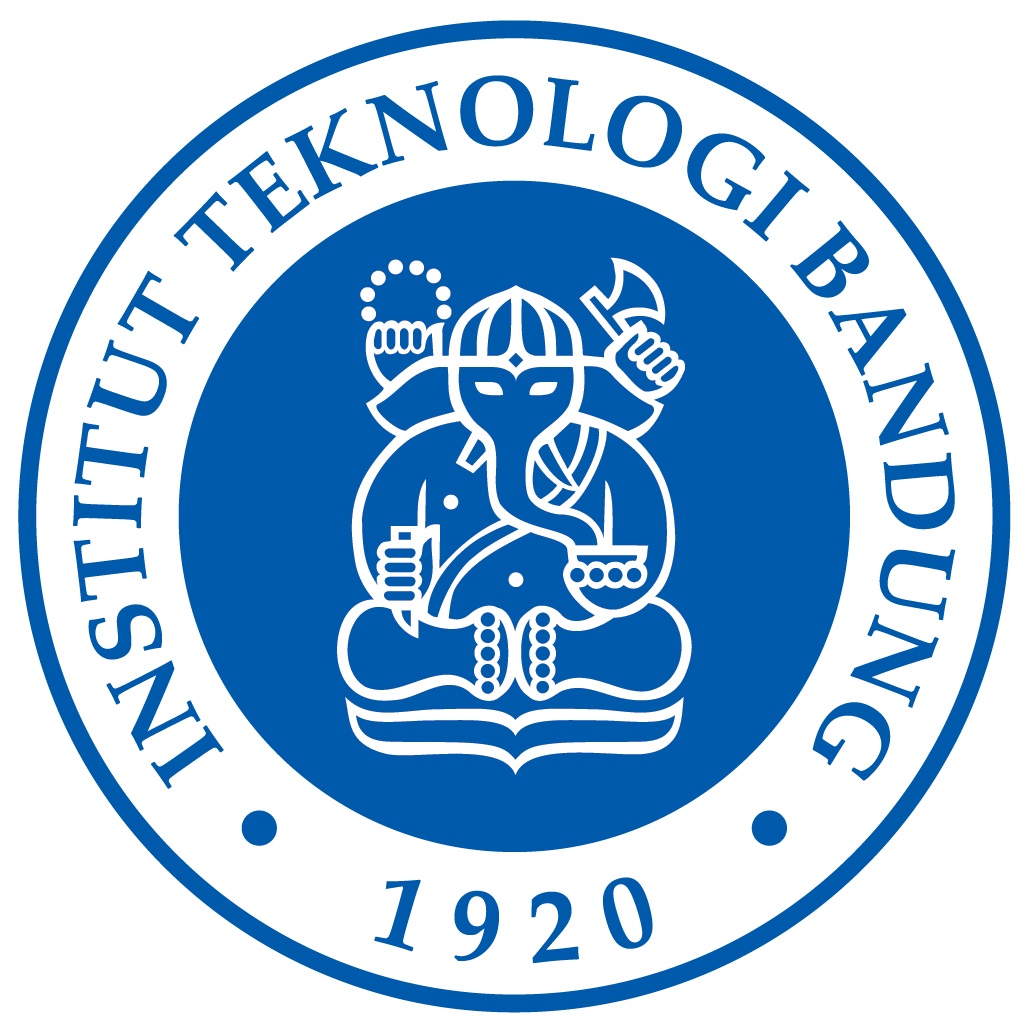

Isti Raafaldini Mirzanti
Dental health problems, especially dental caries, are still a major challenge in rural communities in Indonesia. Limited access to health services, lack of knowledge, and low people's purchasing power exacerbate this condition. With the high prevalence of dental caries, innovation is needed to improve public dental health systematically and sustainably.
This activity proposes a fluoridated drinking water program as an effective solution to reduce the rate of dental caries. This program utilizes education, training of health cadres, and the formation of a local management team to strengthen program implementation and sustainability. The main target is to increase public knowledge and behavior as well as the capacity of health cadres to support the prevention of dental caries. Indicators of success include increasing community understanding, changes in dental health behavior, and the formation of a program management team at the village level. The approach used includes outreach, training, formation of a management team, as well as regular monitoring and evaluation. The expected impacts include improving the quality of life of the community, strengthening the management of health programs in villages, and achieving sustainable development goals. This program is also expected to improve the reputation of academic institutions through real contributions to society, integration into educational curricula, and development of sustainable research related to dental health in rural communities.
Designing management innovations to build dental health prevention programs in rural communities through the promotion of fluoridated drinking water programs. Increasing the knowledge and behavior of rural communities regarding dental and oral health, with a focus on the benefits of fluoridated drinking water programs as an effort to prevent dental caries. Strengthen the role of health cadres as the main facilitators in providing education, counseling and promotion regarding the fluoridated drinking water program to the community. Building a program management team at the village level that is capable of running, monitoring and evaluating the program on an ongoing basis. Increasing collaboration between related parties (village government, community health centers, academics and the community) to support the implementation and sustainability of dental health programs in rural areas.
The benefits of this activity include several aspects that have a positive impact on rural communities, health cadres and related parties. The following are the benefits: For Rural Communities, improved Dental and Oral Health: Reduce the prevalence of dental caries through understanding and implementing healthy habits, such as using fluoridated drinking water. Better Quality of Life: With maintained dental health, people can enjoy a better quality of life, including increased productivity and self-confidence. Better Access to Health Information: The public is educated about the importance of dental health and the benefits of fluoridation. For Health Cadres: Capacity and Expertise Building: Health cadres are trained to become competent facilitators in supporting dental and oral health programs. Active Role in the Community: Health cadres can contribute more in supporting changes in community behavior regarding dental health. For Village Governments and Related Parties: Strengthening Program Management: Establishment of a drinking water fluoridation program management team that functions optimally, with a work plan and continuous monitoring. Multisectoral Collaboration: Establishment of good working relationships between village government, community health centers, academics and communities for program sustainability. Fulfilling the Sustainable Development Goals: Supporting the sustainable development agenda regarding community health and welfare. In General: Innovation in Dental Health Prevention: This program can be a model for dental health prevention innovation that can be replicated in other areas. Recognition of Academic Institutions: Through this activity, academic institutions (such as SBM ITB) can improve their reputation through real contributions in community service. It is hoped that these benefits will create a long-term impact in the form of a healthier, more independent and prosperous society.